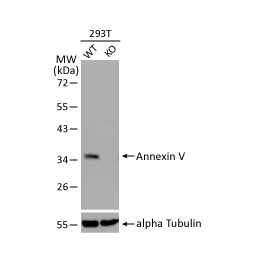 |
Cell death occurs when a cell is no longer able to sustain essential life functions. Cells can die through one of several biochemically distinct pathways, with apoptosis and necrosis being the two most commonly studied mechanisms. While the term “autophagic cell death” would suggest death by autophagy, this form of cell killing occurs only in specific cases, as autophagy is generally considered a pro-survival process. Aside from these three modalities, other forms of cell death described by terms such as “mitotic catastrophe” or “excitotoxicity” are present in the literature. However, more research will have to be done to determine whether these and other named processes truly represent distinct death pathways.
|
|
|
Apoptosis |
|
|
|
||||||||||||
|
Necrosis |
|
|
|
||||||||||||
|
Autophagy |
|
|
|
||||||||||||









